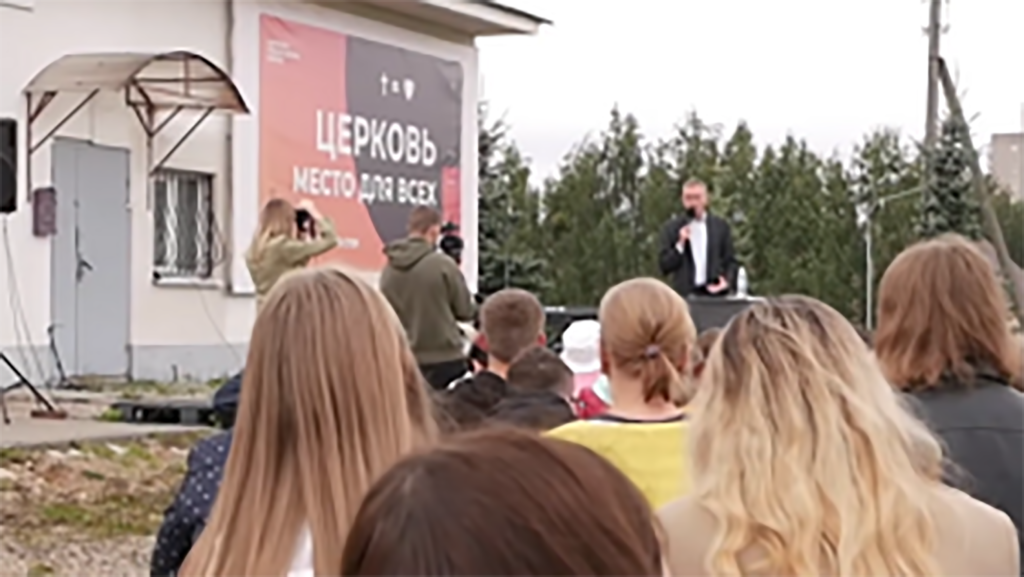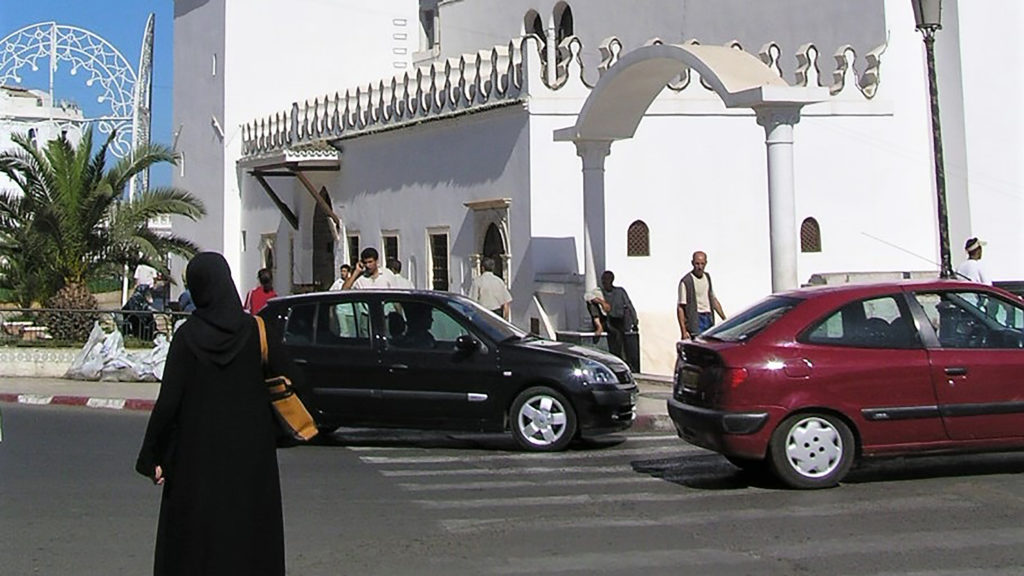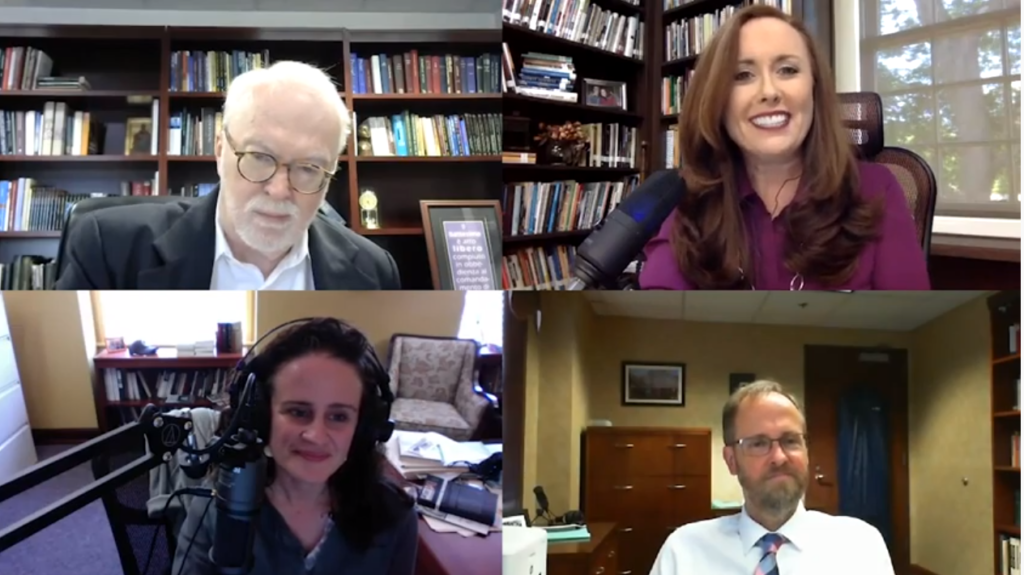Southern Baptist leaders and religious freedom advocates commended the U.S. Supreme Court’s decision late Feb. 5 that rejected California’s ban on indoor worship services in most of the state.
In a 6-3 opinion, the high court halted California’s prohibition of indoor worship in Tier 1, the state’s category for the highest risk of COVID-19’s transmission, and substituted a limit of 25% capacity. Most of California is classified as Tier 1, resulting in a nearly statewide ban on indoor corporate worship and the most extreme restriction in the country.
The justices, however, declined to block the state’s ban on singing and chanting in indoor services. They said the churches involved in the lawsuit are free to offer new evidence in federal court that California is not applying the prohibition on singing and chanting in a neutral way.
‘Reasonable and good’
Russell Moore, president of the Southern Baptist Ethics & Religious Liberty Commission, described the ruling as “reasonable and good.”
“The decision respects the inviolable constitutional rights to religious freedom as well as the legitimate role of the government in fighting a deadly virus,” he said in a written statement. “It ensures that churches are not penalized because they are religious as opposed to being members of the business or entertainment industries.
In response to the Supreme Court’s decision, Newsom’s administration issued new guidelines for indoor worship Feb. 6 that permit 25% capacity in counties where COVID-19 transmission is designated as widespread or substantial and 50% capacity in counties considered moderate or minimal.
“We will continue to enforce the restrictions the Supreme Court left in place,” said Newsom spokesman Daniel Lopez, according to The Sacramento Bee.
Religious freedom and the pandemic
The high court’s ruling is the latest in a series of judicial decisions in response to challenges by churches and other religious bodies of state and local directives intended to protect public health during the COVID-19 pandemic. Some of those restrictions, such as California’s, have treated churches and other worship communities unequally in comparison to many businesses, the ERLC and other religious freedom organizations have pointed out.
Writing for the court, Chief Justice John Roberts said California’s “present determination – that the maximum number of adherents who can safely worship in the most cavernous cathedral is zero – appears to reflect not expertise or discretion, but instead insufficient appreciation or consideration of the interests at stake.”
Associate Justice Neil Gorsuch – joined by Associate Justices Clarence Thomas and Samuel Alito – said in another opinion he would also overturn the state’s ban on singing and chanting in corporate worship, contending California has violated the First Amendment’s protection of free exercise of religion.
The state “has openly imposed more stringent regulations on religious institutions than on many businesses,” Gorsuch wrote. “California no longer asks its movie studios, malls, and manicurists to wait” for a temporary ban to be lifted.
“As this crisis enters its second year — and hovers over a second Lent, a second Passover, and a second Ramadan – it is too late for the State to defend extreme measures with claims of temporary exigency, if it ever could,” he wrote. “Drafting narrowly tailored regulations can be difficult. But if Hollywood may host a studio audience or film a singing competition while not a single soul may enter California’s churches, synagogues, and mosques, something has gone seriously awry.”
In a concurring opinion, new Associate Justice Amy Coney Barrett, joined by Associate Justice Brett Kavanaugh, said the case did not demonstrate whether the singing ban is applied generally or favors some categories. “Of course, if a chorister can sing in a Hollywood studio but not in her church, California’s regulations cannot be viewed as neutral,” she wrote.
Associate Justices Elena Kagan, Stephen Breyer and Sonia Sotomayor disagreed with the court’s decision.
Writing for the dissenters, Kagan said the high court “displaces the judgments of experts about how to respond to a raging pandemic” by ordering the state “to weaken its restrictions on public gatherings by making a special exception for worship services. The majority does so even though the State’s policies treat worship just as favorably as secular activities (including political assemblies) that, according to medical evidence, pose the same risk of COVID transmission.”
Reprinted with permission from Baptist Press (www.baptistpress.com), news service of the Southern Baptist Convention.






Share with others: